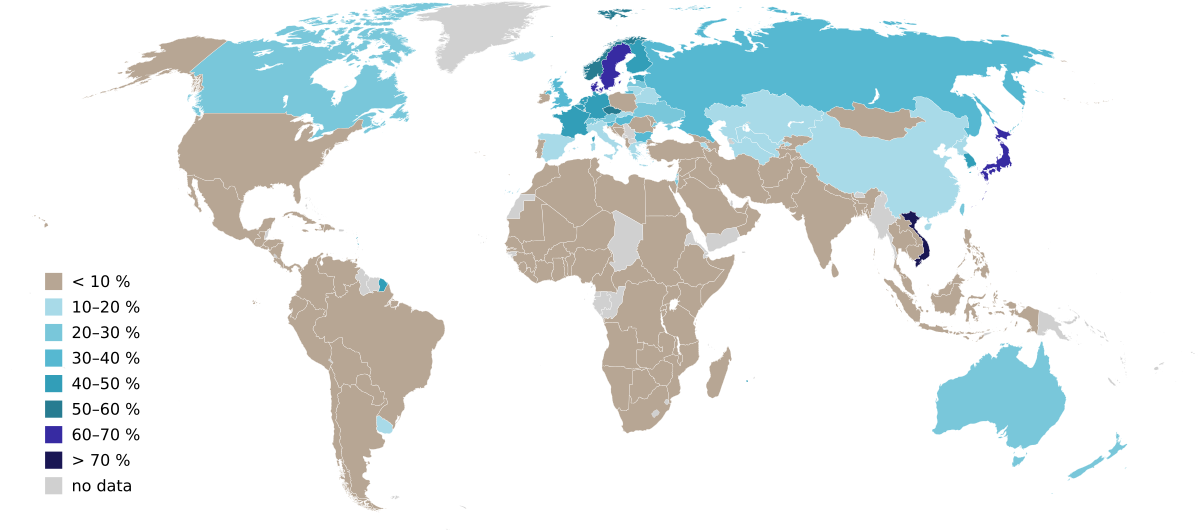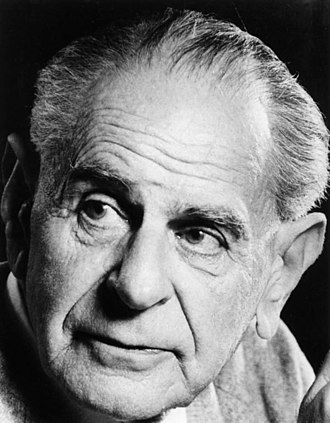 |
| Hooker in Johnson's Dictionary of the English Language (1755) |
If you’ve never worked with a therapist before, you might think it’s a totally positive process that’s all about feeling better.
However, therapy isn’t all sunshine and roses. In fact, the very nature of it often includes challenging discussions.
Surprisingly, that risk isn’t just when talking about serious traumatic events like rape; it can come from all kinds of issues - even study technique. Here’s why...
The benefits of therapy include feeling better about yourself, strengthening your coping skills, improving your relationships, solving problems, having a safe place to express emotions, and more.
Because therapy covers all kinds of issues, you start off with a discussion where you describe your needs and goals. I don’t charge for that because for me this is just a conversation to see if we can work together.
However, if we decide we can, I will then tell you that therapy can involve risk.
Basically, the reason that therapy involves risk is because it’s a service that helps you make changes in your life. All change comes with risk; that’s the nature of the beast.
Sometimes the risks are obvious. For example, if you’re seeking assertiveness training, then you will understand that when you change, your relationships will change too.
Hopefully this will be mostly positive, but you accept there may be some lesser effects that you don’t like as much - like arguments, resistance and more.
That seems reasonable, right? However, it’s surprising how even seemingly innocuous therapy goals can involve challenge.
Here’s an example:
John wants to improve his study technique. Together we look into his preferred learning style, at his energy levels through the day, at how he approaches small and big projects, at how he manages obstacles, at how he deals with team work, and other related matters.
Although it’s personal, it may not be sensitive. However, suppose John prefers to work alone? He may become anxious and stressed when discussing his approach to group work.
Also, sometimes you seek therapy for one issue, and then something completely different pops up.
Like in this example:
Jane is depressed because she was fired. Her goal is to manage her depression but while we’re examining what happened, Jane causally mentions that she’s been unpopular in every company she’s ever worked for. As we talk, Jane shares that she often screams at her subordinates.
And this is where the risk comes in!
If Jane was so stressed that she didn’t even realise that she’d behaved inappropriately, discovering this can be a bit of a shock. When we talk more, Jane might realise that she’s doing this in her personal relationships too.
While I advise people of the risks of therapy, I tend to perceive it as positive because I think it’s always useful to gain insight.
Also, you can decide what you do with that insight. If you discover something that you want to change, then therapy is the place to do it. You may also decide that you are happy with the status quo.
To go back to our examples, John might learn some skills that will help him with group work. He might also decide to avoid training for jobs where he’d have to work in teams and instead opt for a career where he can work independently.
Jane might learn to manage her stress better so that she can build a better career path for herself. She might also look into her personal relationships and decide that she needs to make changes there too.
Or maybe not! Jane might discover that her partner doesn’t mind the odd screaming match. Her partner may just happily yell back and see it as a bit of passionate foreplay.
So in a nutshell, it’s part of good ethics to warn people about the risks involved in therapy. You may have a completely positive experience, or you may learn something new about yourself that surprises or challenges you.
Whatever happens, you have the final decision in how you approach it. Just work through all the possible options, and pick the strategy that suits you.




